If you’ve ever experienced acne, then you’ll know all too well how tricky it is to treat. One of the hardest parts is that the treatment process lasts long after the active breakouts have left, because, annoyingly, acne does not go quietly. Instead, it leaves behind a daily reminder of its existence in the form of a scar. (Jerk.)
As with all things acne, the treatment is best tackled with the help of skin experts. So we’ve tapped Dermal Therapist, Yadira Cauchi to walk us (slowly, with many snack breaks along the way) through the whole thing.
What Is Acne Scarring?
Acne scars are the unwanted but not certainly not uncommon farewell gift left behind when you win your skin battle against acne.
Most often, they tend to appear as little indentations below the surface of your skin on the spot where your acne has healed. (If that sounds/looks/feels familiar to you, what you’re dealing with is atrophic acne scars.) In other instances, they may present as raised bumps on the surface of your skin. (Or, in science speak, hypertrophic acne scars.)
“Often your skin can’t regenerate enough tissue to even out the top layer and that’s what is leaving the scar,” explains Dermal Therapist Yadira Cauchi.
Despite often being spoken about as ‘acne scarring’, those flat dark marks that are left behind post-pimple are not considered to be acne scars. Instead, those stubborn little spots are actually part of the hyperpigmentation family, known specifically as post-inflammatory hyperpigmentation (or PIH, to their friends/anyone not trying to win a game of Scrabble).
How To Tell The Difference Between Acne Scars and PIH
Basically if what’s left behind isn’t a textural change in your skin, it’s not an acne scar, it’s hyperpigmentation, which can also be tricky to treat. “PIH can take months to lighten and are very common in darker skin types following a breakout,” notes Yadira.
Like other forms of hyperpigmentation, PIH is best treated with a range of skin-brightening ingredients. “Vitamin C, Niacinamide and Retinol are beneficial when dealing with PIH,” recommends Yadira. As are chemical exfoliants such as Ascorbic, Lactic, Azelaic, Kojic, or Tranexamic acids.
And if there’s any confusion around what you’re up against, seeking professional opinion is a very good idea indeed.
Can Acne Scars Be Prevented?
Preventing acne scars is no easy feat, unfortunately. To do so, would mean preventing the acne itself. And given the temperamental nature of acne, that can be incredibly challenging. Working with an experienced skin specialist on a treatment plan for your skin - be that with at-home skin care, prescription medication, professional treatments, or some combination of those - is the best place to start.
In the meantime, one thing you can - and should - do is avoid picking at any active breakouts.
We know. We know! This advice is far from new, but given that it’s often.. ignored forgotten, it has to be said. Picking at pimples can cause and worsen scarring. Step away from the magnifying mirror and throw on a pimple patch to help you resist the urge. Not only can they help speed up the healing process, pimple patches will also create a physical barrier between you and the spot. Clever.
How Long Does Acne Scarring Take To Heal?
“Acne scars take a while to go away on their own,” says Yadira, noting that there’s no hard and fast rule for how fast they'll disappear off your face. This is due, in part, to personal factors like your age, genetics, etc. which are known to impact the healing process.
How Can I Treat Acne Scarring?
There are numerous options available to treat acne scarring. Laser treatments are commonly used, as are other salon treatments or procedures, depending on your skin type and the kind of scarring you’re looking to heal.
“If you are concerned about acne scarring I’d suggest booking in a skin consultation with a dermal therapist for a proper assessment and treatment plan,” suggests Yadira.
As for your at-home routine? Continuing to use your chemical exfoliants every so often will assist with evening skin tone, and can be helpful to stop breakouts from recurring. Consistent sunscreen use is also highly recommended, especially post any professional treatments you might have.


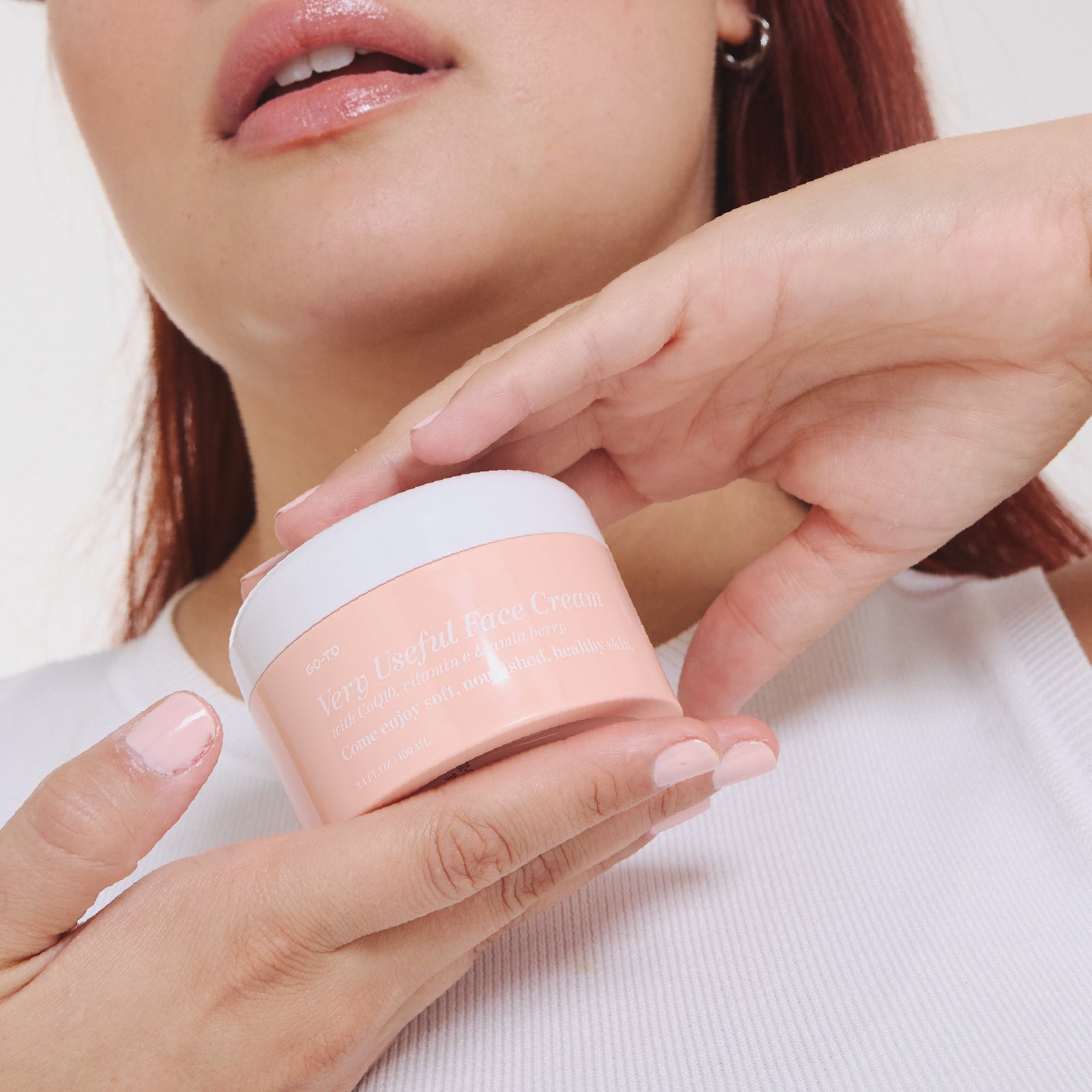

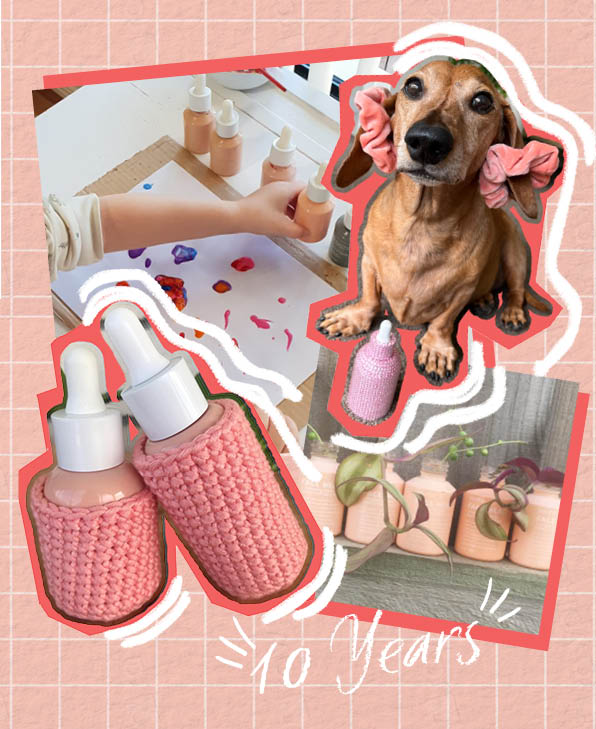

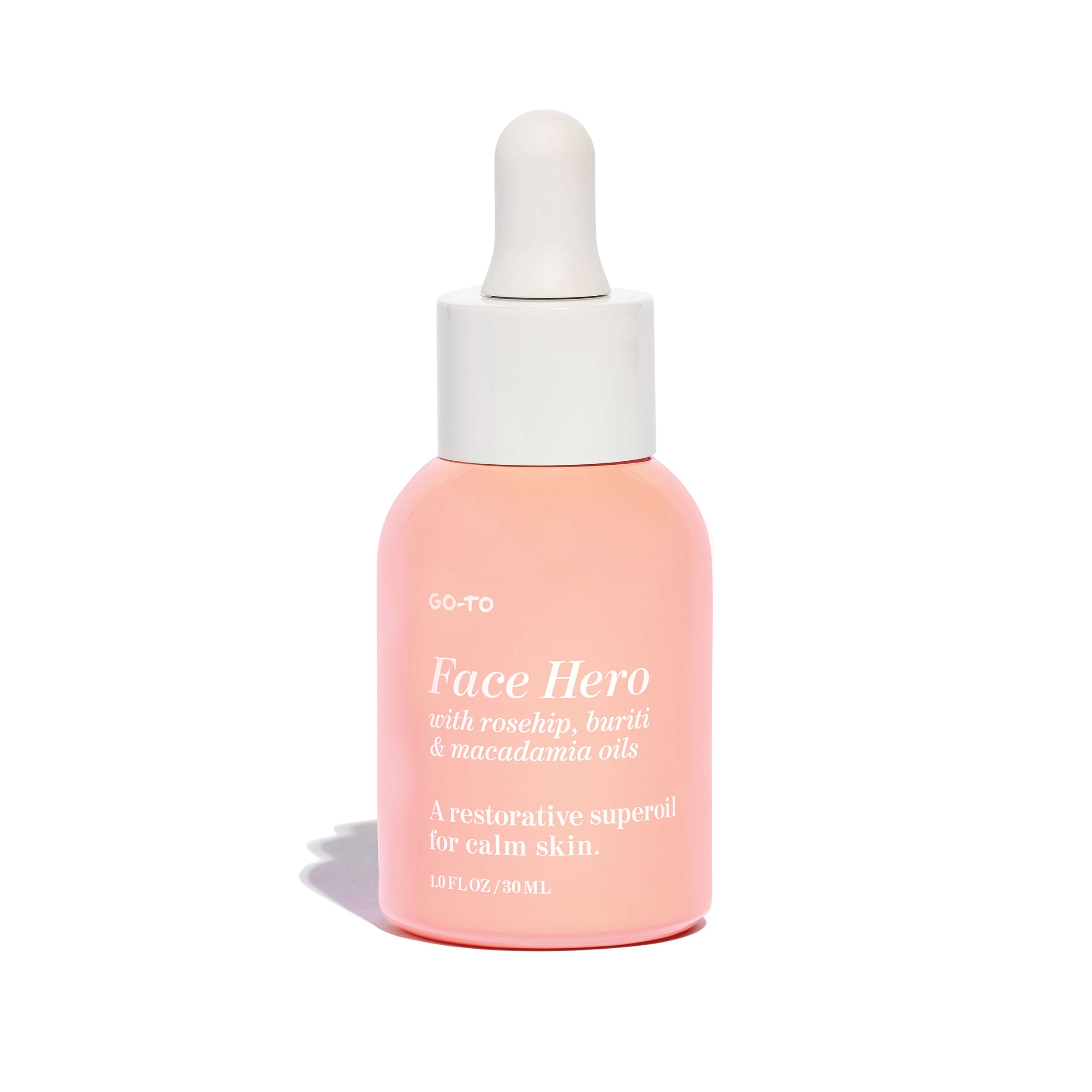
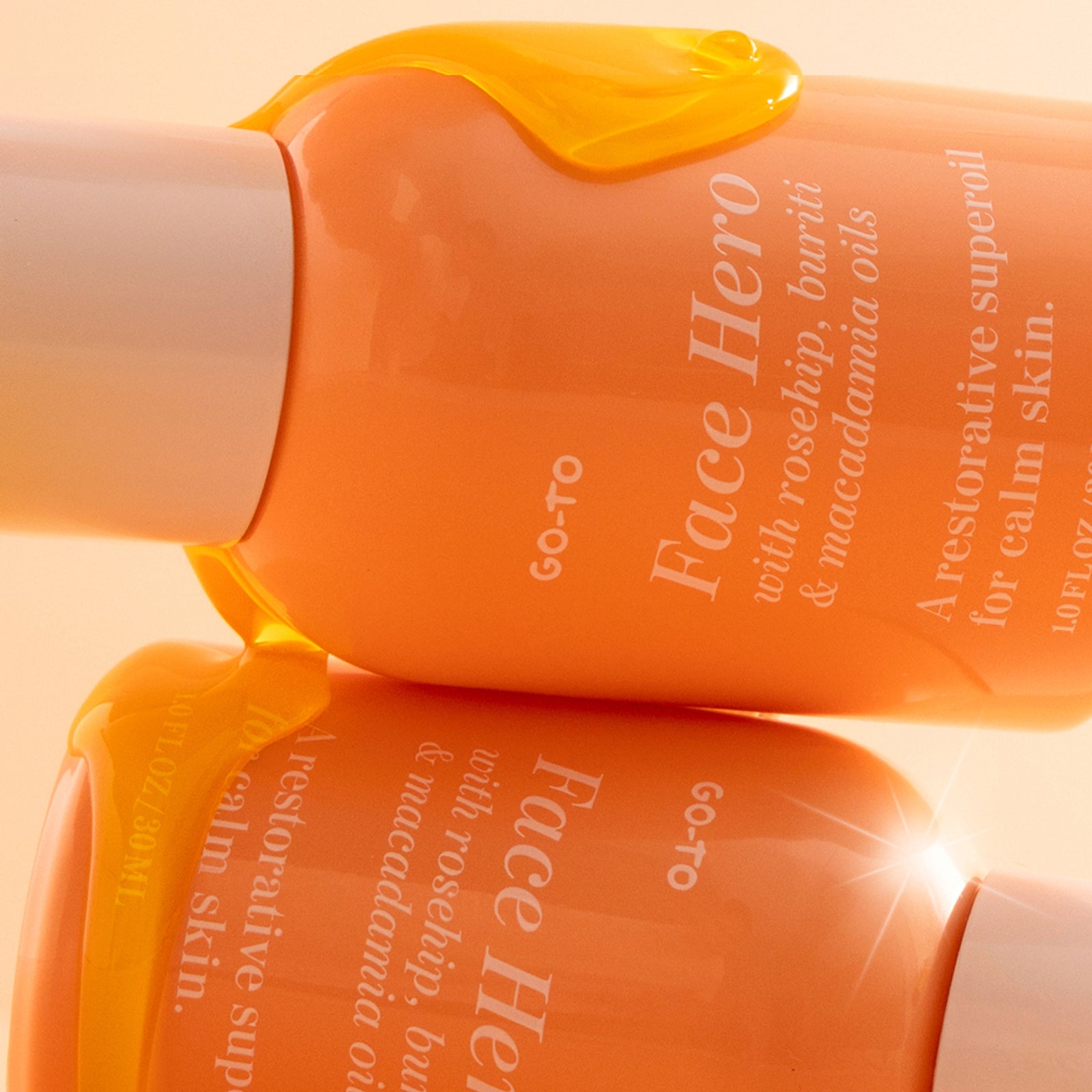
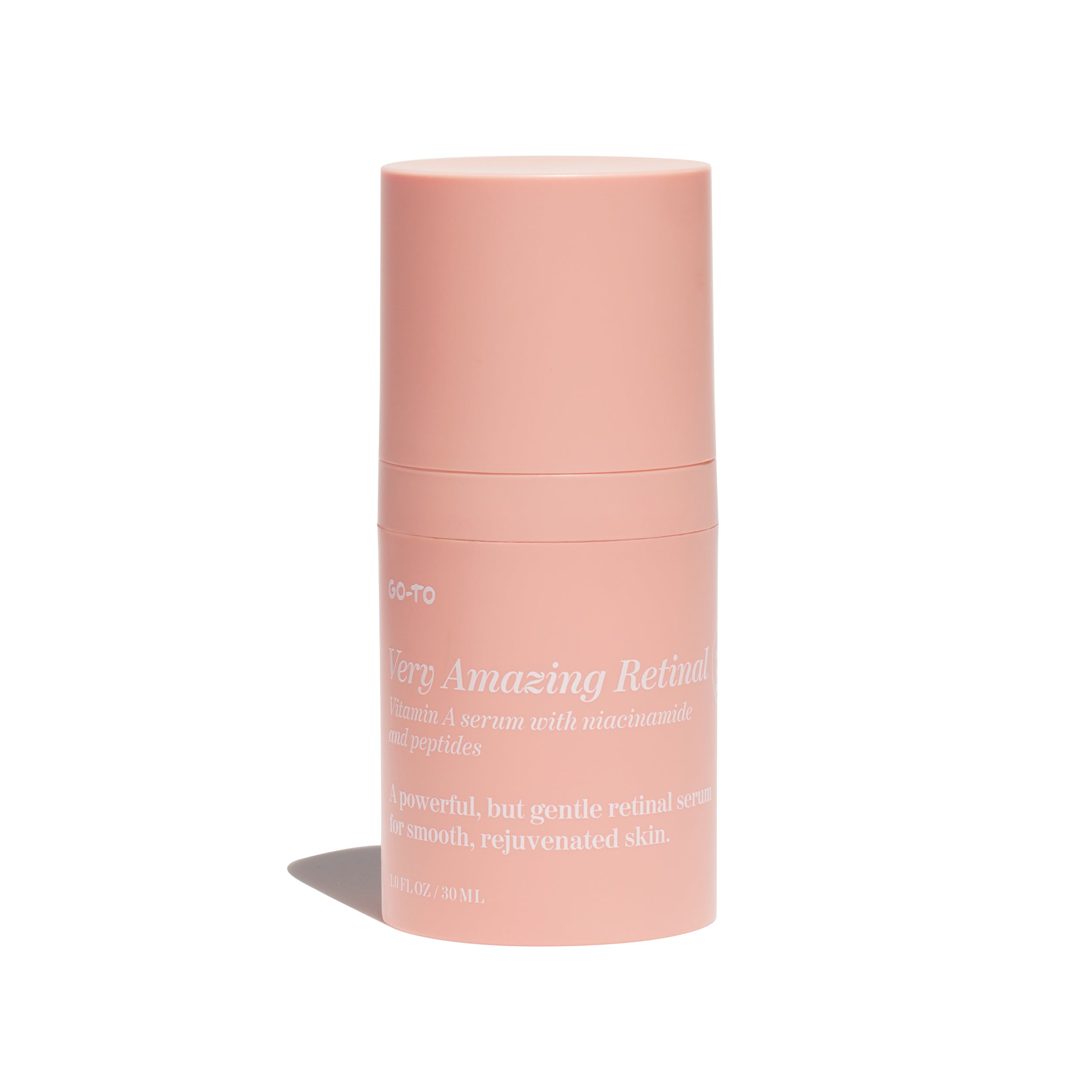
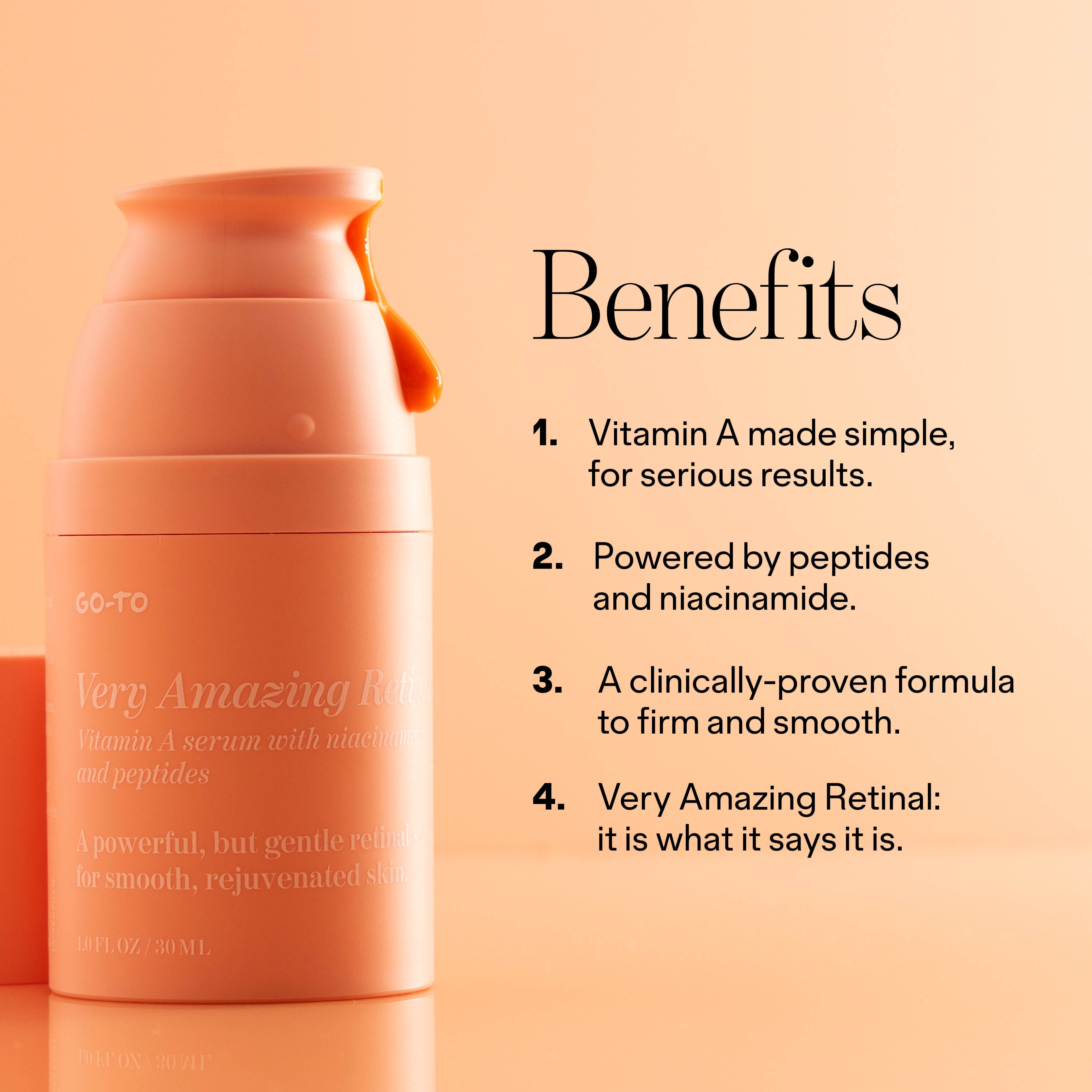
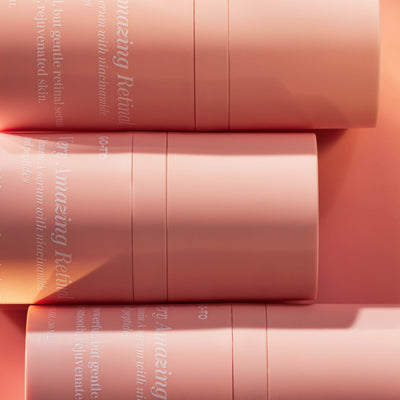
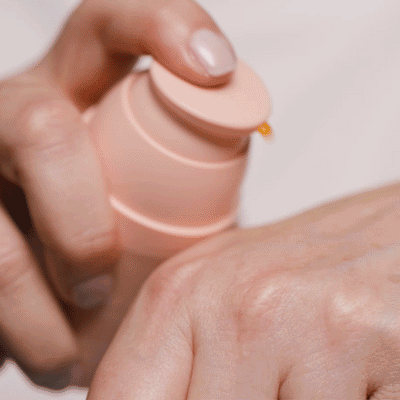


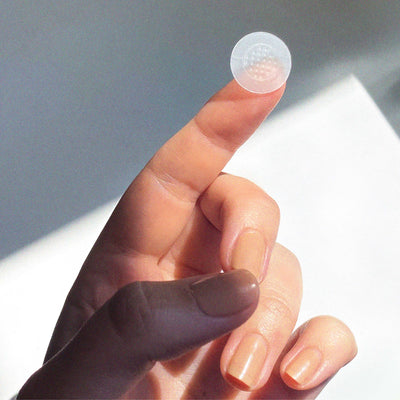

Comments